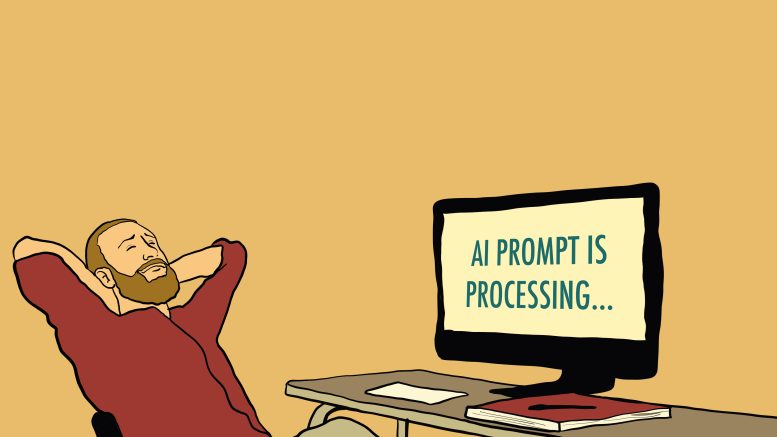There has been a significant rise in cases of academic misconduct at the U of M since the start
of the COVID-19 pandemic. According to a recent report published by the University Discipline
Committee (UDC) the 2021-22 academic year saw a continuation of those high case numbers.
There were 1,127 incidents of academic misconduct from Sept. 1, 2021 to Aug. 31, 2022, a
sizeable increase from the 626 reported incidents just five years ago in the 2017-18 academic
year. Most of last year’s cases consisted of inappropriate collaboration, plagiarism and cheating.
Sheryl Zelenitsky, chair of the UDC, acknowledged that with the start of the pandemic, the
2019-20 academic year saw an increase in academic misconduct by about 40 per cent.
However, she said that it should not be assumed that academic dishonesty will decrease now
that students are back on campus, as the UDC does not yet have a full report regarding the
current school year for comparison.
“I think we can’t jump to conclusions until we do have at least a year of data where we’re back in
person,” Zelenitsky said.
Another member of the UDC is John Anderson, a professor of computer science at the U of M
who specializes in robotics. He believes that the emergence of AI technology could have future
implications regarding academic misconduct.
He explained that these systems could be developed for various purposes, such as writing
essays, solving systems of mathematical equations or providing in-depth analysis of
Shakespeare.
Anderson noted that the UDC does not have meetings on a regular basis to discuss such
issues. Rather, the committee primarily functions to hear appeals of lower-level disciplinary
decisions.
However, Anderson thinks that the issue of AI-related misconduct could become a cause of
concern for the UDC in the future.
“I suspect it will be on the minds of some senators and some in the administration, and perhaps
encouraging the committee to also meet to deal with issues like this (or altering the terms of
reference to explicitly point that out) might happen at some point,” he wrote in an email to the
Manitoban.
UMSU president Jaron Rykiss highlighted the fact that there are many factors that
may drive students to cheat.
Rykiss said via email that he believes as a result of online learning, the university has “several
cohorts of students who have not had the proper resources and experiences required to ensure
that they feel prepared for learning.”
He thinks that this “may have pushed students who would have otherwise never considered
cheating to see it as their only option to suc- ceed.” However, he emphasized that academic
misconduct is never a viable option for students.
He believes that stress is a factor in academic dishonesty, and said that the university should
work to ensure resources meant to help students succeed and manage stress are sufficiently
funded, updated and accessible.
“Students need to feel supported in order to support themselves,” he said.
The main job of the university according to Arthur Schafer, professor of philosophy and founding
director of the Centre for Professional and Applied Ethics at University of Manitoba, is at this
point to protect academic integrity and dissuade students from academic misconduct by making
“the likelihood of detection high enough and the rewards from cheating low enough” that
students are not incentivized to cheat.
The reason for the rise in misconduct cases, he said, could come down to simple human
psychology.
“When you increase the opportunities to cheat and decrease the likelihood that the cheating will
be discovered, it’s to be expected that there will be more cheating,” he said.
Schafer argued that the competitive and individualistic nature of our society is a factor that may
encourage academic dishonesty.
He used the example that a student with a GPA even slightly lower than another student may
lose out on admittance to competitive educational programs like medicine, law or engineering.
“The culture tells us repeatedly in all sorts of ways, direct and indirect, that the worst thing that
can happen is to be a loser, and that the rewards for being a winner are dramatic,” he said.
Given this cultural atmosphere surrounding students, Schafer reiterated that he does not find it
surprising that more students are cheating.
He said that students don’t want to be disadvantaged simply for following the rules.
“If we reach a critical point where many students come to believe that everyone is cheating,
then I think the game is lost.”

